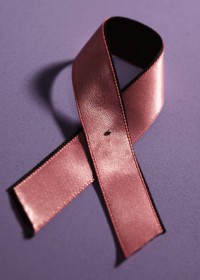
DNA carries the genetic information that makes you who you are. While DNA directs protein production by cells, scientists have discovered a way to turn DNA into an on/off switch for applications in cancer treatment.
DNA: A Protein Computer
In essence, DNA operates like a computer. Just as all digital data relies on various configurations of a two-component code, DNA uses different arrangements of a four-component code to determine which proteins need to be manufactured.
This similarity has given rise to a field called DNA computing. A research team at the University of Delaware recently engineered DNA strands with a code to create circuits programmed to open and close based on a specific logic.
Leveraging DNA Code
The next step was to make and purify the proteins that the scientists wanted to use. Once the custom-made DNA strands were received from the manufacturer, the proteins were attached to form protein-DNA conjugates.
When the DNA circuits were tested on both E. coli bacteria and human cells, the target proteins went through a series of stages just as they had been programmed to do.
Applications for Cancer Treatment
Once the DNA circuits proved to be successful, the UD team tested them with cancer prodrugs, which are inert until they’re metabolized into therapeutic form. The scientist designed DNA circuits to control the protein that triggers metabolism of the prodrug. Professor Wilfred Chen, lead author of the study, anticipates a future of “plug-and-play” DNA circuits.
Advanced Immunotherapy at Issels®
Our integrative cancer treatment programs often incorporate gene-targeted therapies and other methods that address a patient’s individual needs. Contact us to learn more.




